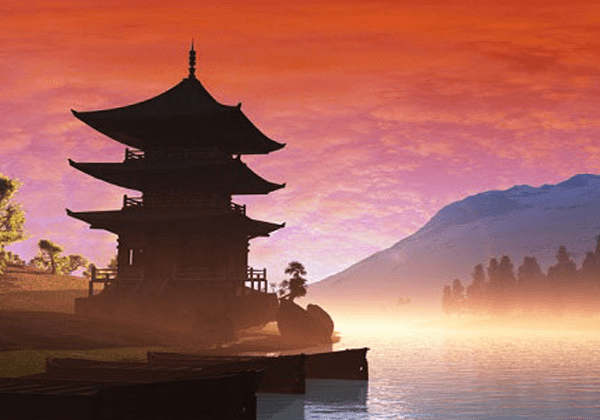On the 17th of March 2021, an Asian grandmother, Xiaozhen Xie, was attacked in San Francisco the morning after the Atlanta spa shootings, where eight people were killed, six of whom were Asian women. Through GoFundMe, her grandson raised about $1 million surpassing the original $50,000 target, which was meant to cover Xie’s ongoing medical expenses. Less than a week later, she and her grandson had pledged all the money to the Asian American Pacific Islander community to combat racism.
Such an act exemplifies the collectivism that embodies the beating heart of many Asian cultures. Where Western countries tend to value individualism above all, collectivist cultures prioritise the well-being of the group, placing family and community at the centre of all traditions and social conventions. It permeates all areas of life, from our holidays to the way we treat our elders, even manifesting in our meals: dishes in the middle that are shared by everyone.
My experiences growing up as a Chinese in a Western country are very cliché. I viewed my culture often with a sense of disdain and shame, preferring to present as white and as Western as possible, wanting to fit in. When all I heard was that Chinese people ate dogs and were chronically cheap, the yearning to know and live my culture slowly but surely faded away. Yet, the collectivist values that were instilled in me were always an aspect of my culture that I embodied with pride and I often view them with a sense of romanticism and awe. The childhood stories I read of Western heroes who fought for the good of everyone were reflected in my family, my aunties and uncles, and the Asian diaspora in my community, as they raised children who were not their own, brought bags of long-unseen snacks from China for the elderly at the expense of souvenirs, and spread around the information of good schools and teachers, so that all could succeed.
At home, I was taught to see myself, first and foremost as a part of my family, my community, and my society. My perception of myself therefore didn’t focus on self-professed values but centred around what I can contribute as a pious daughter, a kind friend, and a responsible member of society. The encouragement to view myself as a part of something bigger also went hand in hand with the willingness to endure and persist, or in Chinese, ‘eat bitter’, if it meant that a greater fruit would come of it.
It is through this collectivist lens that we can see how countries like China responded to COVID-19. While anti-lockdown and anti-mask protests occurred all over the Western world, very few appeared in Asia. In fact, in most East Asian countries, wearing a mask if you were ill was a common practice long before the pandemic. Such a practice ensured your illness wasn’t spread and was expected as a sign of respect for your community. While the pandemic caused holiday air travel in the US to drop by 40-60%, Lunar New Year travel in China dropped by 74%, at a time when China had an average of 20 cases a day, where the US had 200,000 per day.
The last year has seen attack upon attack on people like me, from the dubbing of the “China virus” to the Atlanta shooting. The last decades have seen viciously prejudiced media and stereotypes and the last centuries, villainising fear created by yellow peril. Yet, beyond what we have endured, beyond representations of qipao and Lunar New Year interspersed within accusatory commentary on foreign buyers in the housing market, beyond our skin tone and our accents, lies a culture so beautifully enrooted in the values of respect, community, and unity.





